Intro
Learn about appendicitis operation recovery time, including post-surgery care, symptoms, and complications, to ensure a smooth healing process after an appendectomy, laparoscopic or open surgery.
The recovery time for an appendicitis operation, also known as an appendectomy, is a crucial aspect of the overall treatment process. Appendicitis is a common condition where the appendix becomes inflamed, and if left untreated, it can lead to serious complications. Fortunately, with prompt medical attention and surgical intervention, most people can recover fully and return to their normal activities. In this article, we will delve into the details of the recovery process, including the expected timeline, post-operative care, and tips for a smooth and speedy recovery.
The importance of understanding the recovery process cannot be overstated. A clear understanding of what to expect can help alleviate anxiety and uncertainty, allowing patients to focus on their recovery. Moreover, knowing the expected recovery time can help individuals plan their daily activities, work, and social engagements accordingly. In the following sections, we will explore the various aspects of the recovery process, including the different types of appendicitis operations, post-operative care, and potential complications.
As we discuss the recovery time for an appendicitis operation, it is essential to note that each individual's experience may vary. Factors such as the type of surgery, overall health, and presence of any underlying medical conditions can influence the recovery process. However, with advancements in medical technology and surgical techniques, the recovery time for an appendicitis operation has significantly improved. In the next section, we will discuss the different types of appendicitis operations and their respective recovery times.
Types of Appendicitis Operations

There are two primary types of appendicitis operations: open appendectomy and laparoscopic appendectomy. Open appendectomy is a traditional surgical procedure where a single incision is made in the lower right abdomen to remove the inflamed appendix. This type of surgery typically requires a longer recovery time, usually 2-4 weeks, due to the larger incision and potential for complications. On the other hand, laparoscopic appendectomy is a minimally invasive procedure where several small incisions are made to insert a laparoscope and surgical instruments. This type of surgery generally has a faster recovery time, usually 1-3 weeks, as the smaller incisions result in less tissue damage and trauma.
Laparoscopic Appendectomy
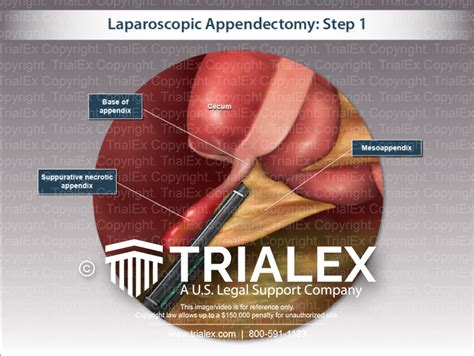
Laparoscopic appendectomy is a highly effective and widely used procedure for treating appendicitis. The benefits of this procedure include smaller incisions, less post-operative pain, and a faster recovery time. During the procedure, the surgeon inserts a laparoscope, a thin tube with a camera and light, through one of the small incisions. The surgeon then uses specialized instruments to remove the inflamed appendix. The entire procedure typically takes about 30-60 minutes to complete, and patients can usually return home the same day or the next day.
Post-Operative Care
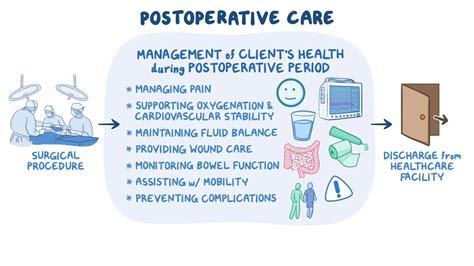
After the surgery, patients will need to follow a specific post-operative care plan to ensure a smooth and speedy recovery. This plan typically includes pain management, wound care, and dietary restrictions. Patients may experience some discomfort, pain, and numbness around the incision sites, which can be managed with pain medication and rest. It is essential to keep the incision sites clean and dry to prevent infection. Patients should also follow a bland diet, avoiding spicy, fatty, or heavy foods, to minimize digestive discomfort.
Pain Management
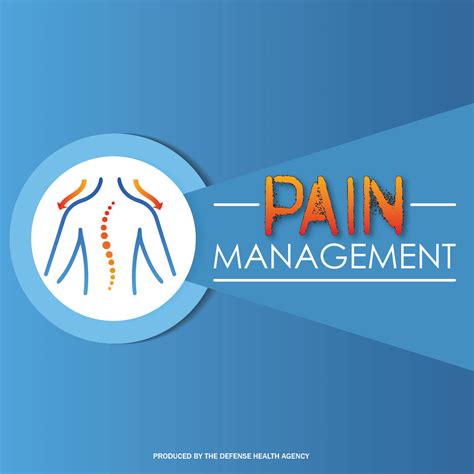
Effective pain management is crucial for a comfortable and speedy recovery. Patients may be prescribed pain medication, such as acetaminophen or ibuprofen, to manage post-operative pain. It is essential to follow the prescribed dosage and schedule to avoid overmedication or undermedication. Additionally, patients can use alternative methods, such as deep breathing exercises, relaxation techniques, or cold compresses, to help manage pain and discomfort.
Recovery Timeline

The recovery timeline for an appendicitis operation can vary depending on the individual and the type of surgery. However, here is a general outline of what to expect:
- 1-3 days: Patients can expect to experience some discomfort, pain, and numbness around the incision sites. They may also feel tired, dizzy, or lightheaded due to the anesthesia and pain medication.
- 1-2 weeks: Patients can gradually return to their normal activities, such as work, school, or light exercise. They should avoid heavy lifting, bending, or strenuous activities to prevent complications.
- 2-4 weeks: Patients can usually resume their normal activities, including heavy lifting, bending, or strenuous exercise. They should continue to follow a healthy diet and lifestyle to promote healing and prevent future complications.
Returning to Normal Activities
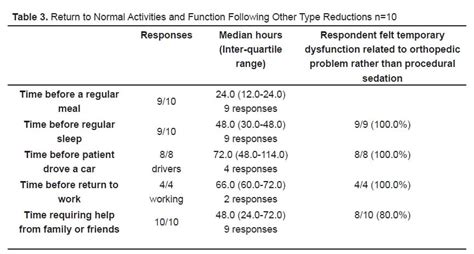
Returning to normal activities after an appendicitis operation requires patience, caution, and careful planning. Patients should avoid heavy lifting, bending, or strenuous activities for at least 2-4 weeks to prevent complications, such as hernias or wound infections. They should also avoid driving or operating heavy machinery until they are no longer taking pain medication and can react quickly and safely. Additionally, patients should follow a healthy diet and lifestyle, including regular exercise, to promote healing and prevent future complications.
Potential Complications
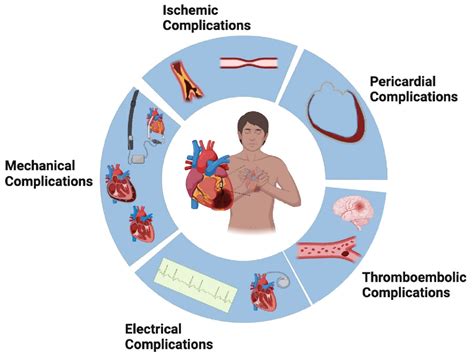
While appendicitis operations are generally safe and effective, there are potential complications that patients should be aware of. These complications can include:
- Infection: Patients may develop an infection at the incision site or in the abdominal cavity.
- Adhesions: Patients may develop adhesions, or scar tissue, in the abdominal cavity, which can lead to bowel obstruction or other complications.
- Hernias: Patients may develop hernias, or protrusions of the intestine or other organs, through the incision site.
- Bowel obstruction: Patients may develop a bowel obstruction, or blockage of the intestine, due to adhesions or other complications.
Preventing Complications

Preventing complications after an appendicitis operation requires careful planning, attention to detail, and adherence to post-operative instructions. Patients should follow a healthy diet and lifestyle, including regular exercise, to promote healing and prevent future complications. They should also attend follow-up appointments with their surgeon to monitor their progress and address any concerns or complications. Additionally, patients should be aware of the signs and symptoms of potential complications, such as infection, adhesions, or hernias, and seek medical attention immediately if they experience any unusual symptoms.
What is the average recovery time for an appendicitis operation?
+The average recovery time for an appendicitis operation is 1-4 weeks, depending on the type of surgery and individual factors.
What are the potential complications of an appendicitis operation?
+Potential complications of an appendicitis operation include infection, adhesions, hernias, and bowel obstruction.
How can I prevent complications after an appendicitis operation?
+To prevent complications after an appendicitis operation, follow a healthy diet and lifestyle, attend follow-up appointments with your surgeon, and be aware of the signs and symptoms of potential complications.
As we conclude this article, we hope that you have gained a deeper understanding of the recovery time for an appendicitis operation. Remember, each individual's experience may vary, and it is essential to follow post-operative instructions and attend follow-up appointments to ensure a smooth and speedy recovery. If you have any further questions or concerns, please do not hesitate to reach out to your healthcare provider. Share this article with your friends and family to help them understand the recovery process, and don't forget to leave a comment below to share your own experiences or ask any questions.
